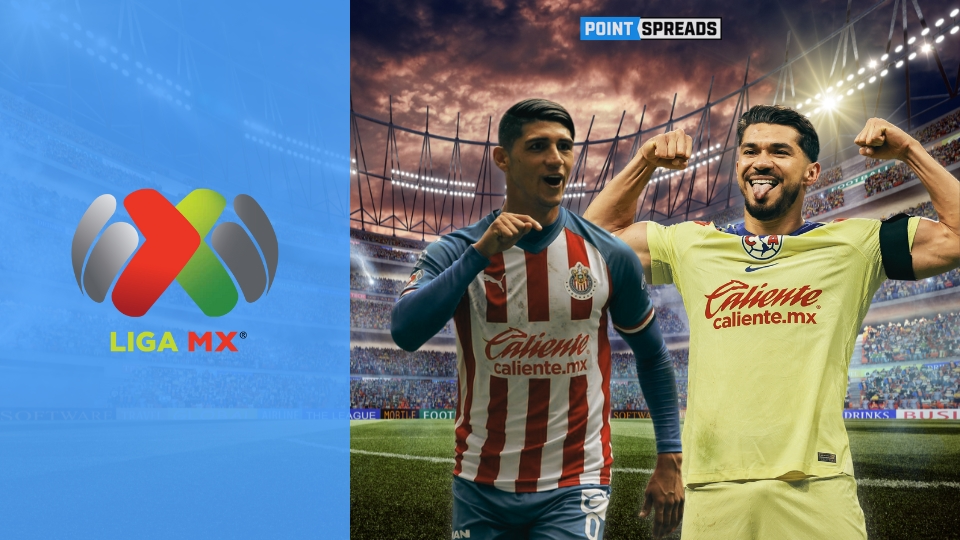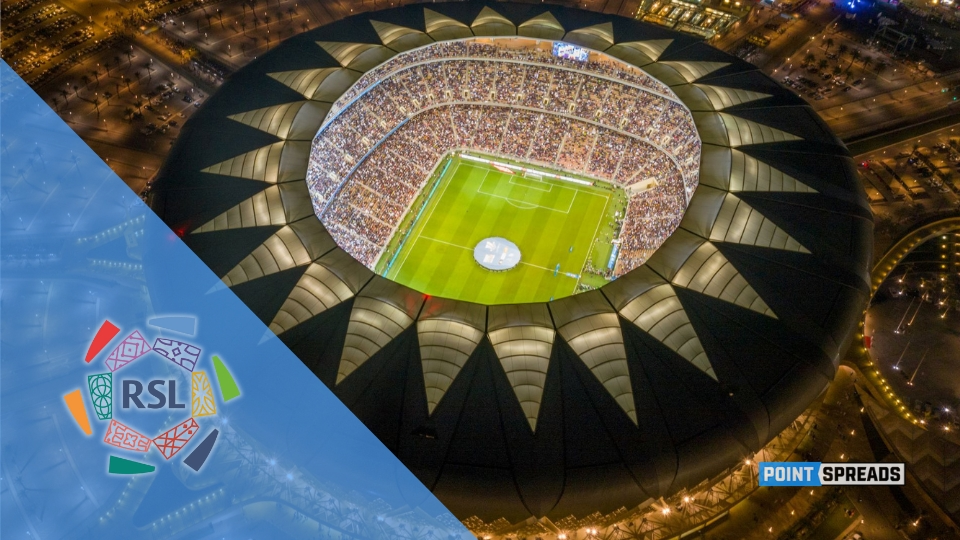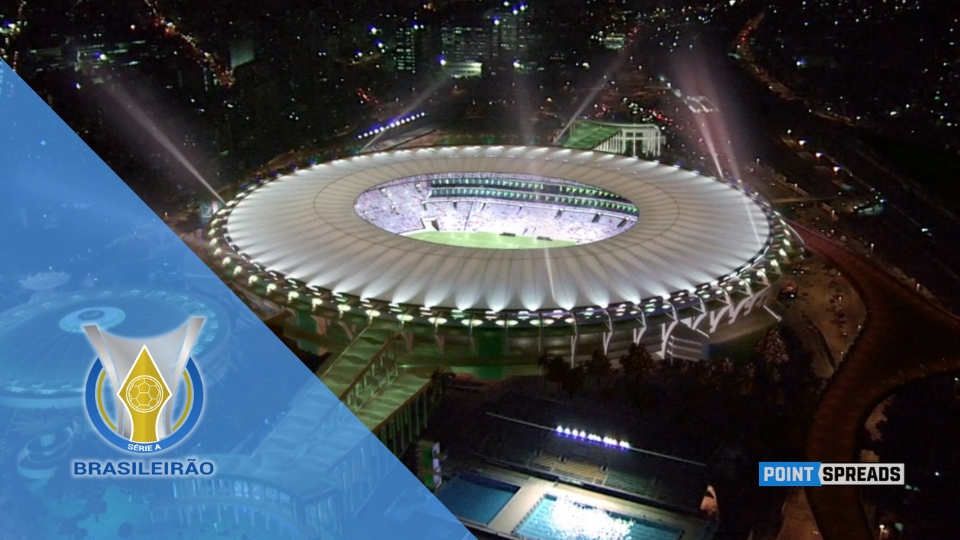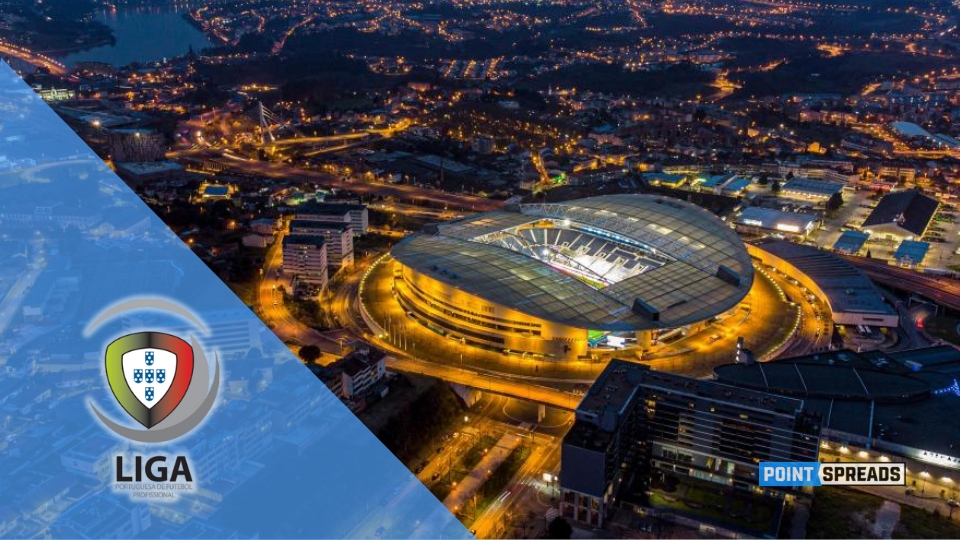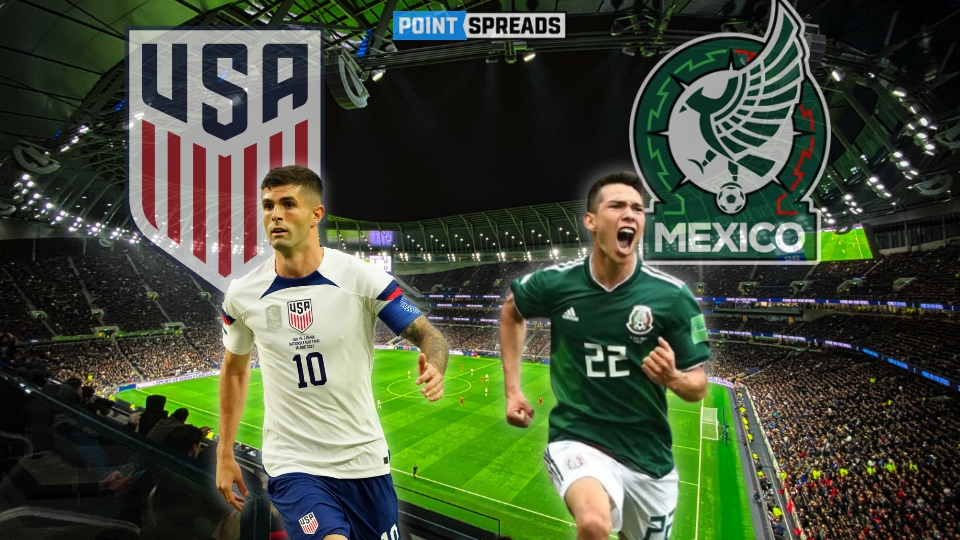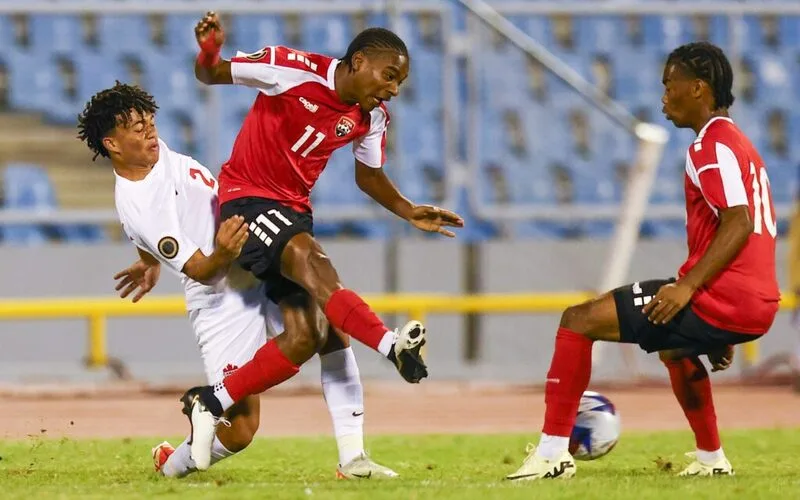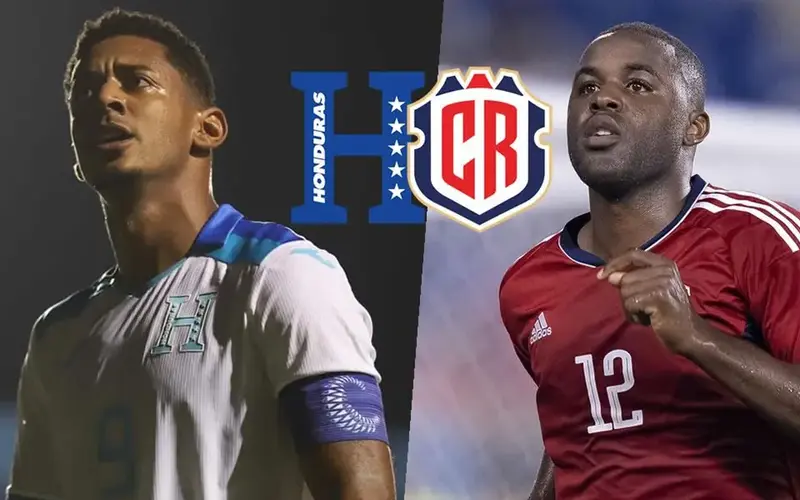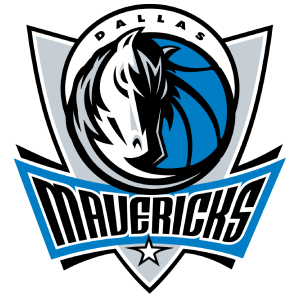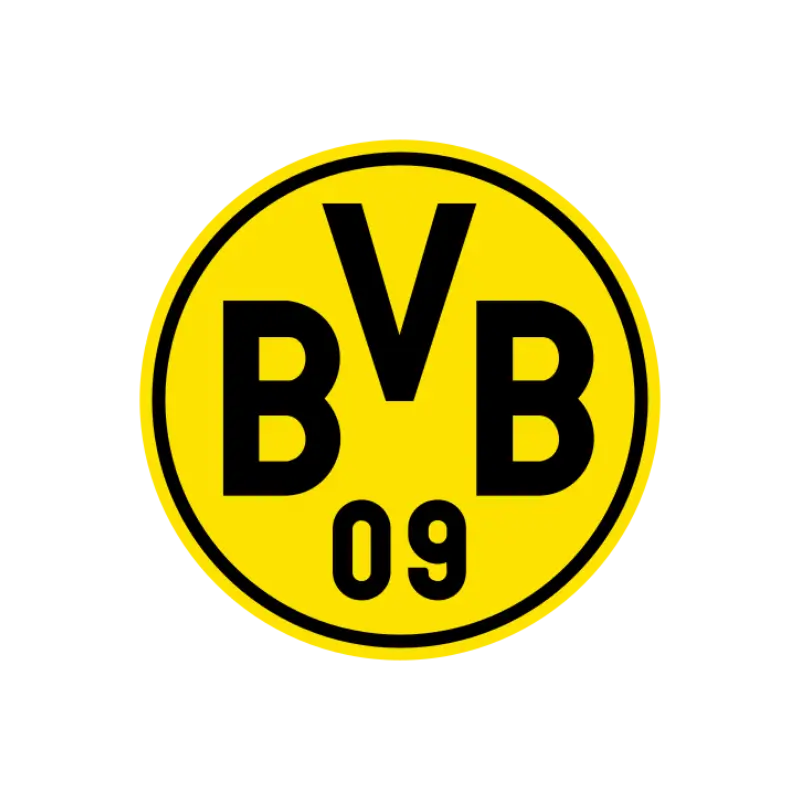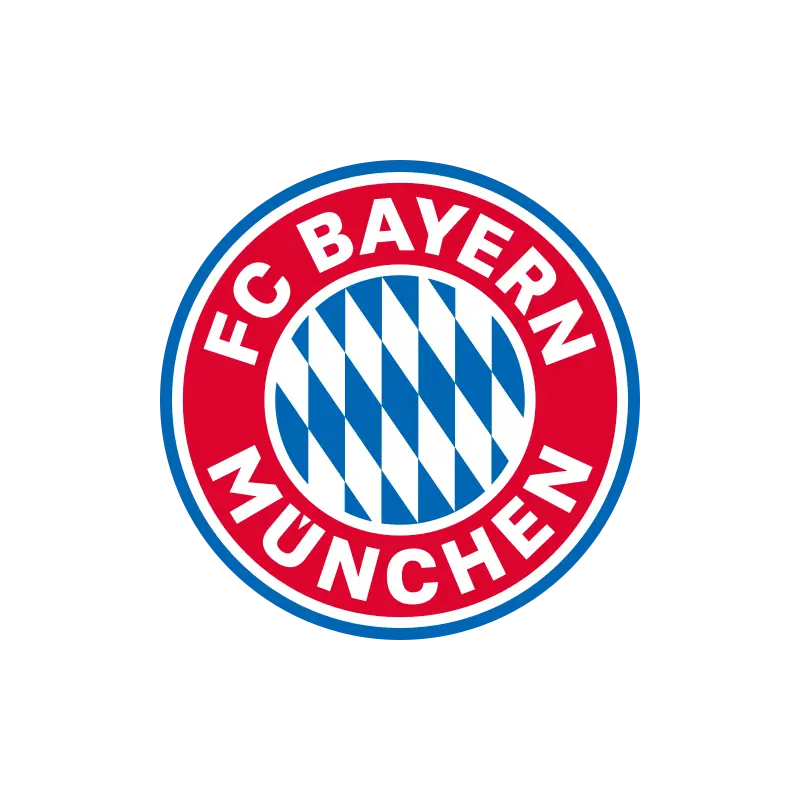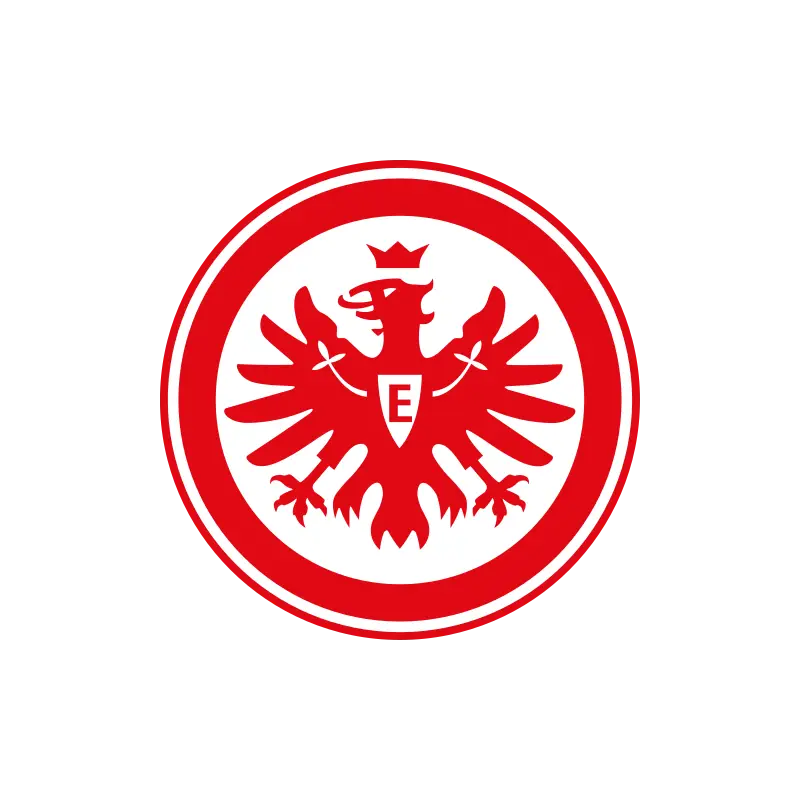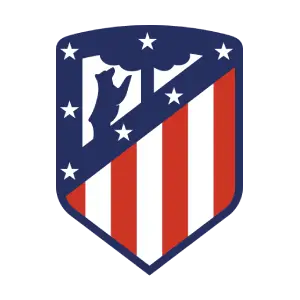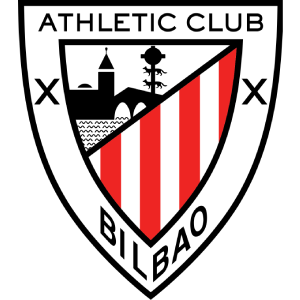Spain
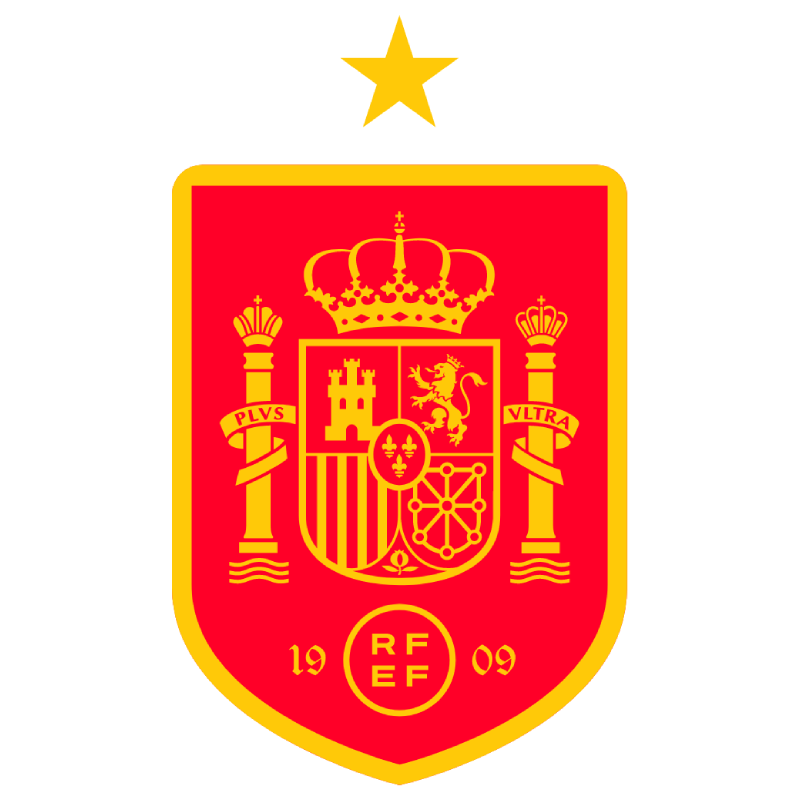
National Team Information
General Info
UEFA
La Roja, La Furia Roja (“The Red Fury”)
World Cup Participation
1934, 1950, 1962, 1966, 1978, 1982, 1986, 1990, 1994, 1998, 2002, 2006, 2010, 2014, 2018, 2022
Championships
1964 UEFA European Championship, 1992 Olympic Games, 2008 UEFA European Championship, 2010 World Cup, 2012 UEFA European Championship, 2013 FIFA Confederations Cup
- David Villa – Goals: 58
- Raul Gonzalez – Goals: 44
- Fernando Torres – Goals: 38
- David Silva – Goals: 35
- Fernando Hierro – Goals: 29
Iker Casillas was Spain’s captain and number one keeper during their incredible run of three consecutive major tournament victories. Casillas won everything there is to win with both Spain and Real Madrid and made 167 appearances in net for La Roja. He was the Golden Glove winner at the 2010 World Cup.
David Villa is Spain’s all time leading scorer and it’s not particularly close. He scored nine career World Cup goals, winning the Silver Boot in 2010. He also was the top scorer at Euro 2008 and was a versatile and direct forward.
One of the most heralded midfielders of all time, Xavi was a maestro in the center of the park. He rarely gave the ball away and could create goal scoring opportunities with his passing and vision. Xavi made 133 appearances for Spain and was a vital part of the team that won three consecutive titles. He was named Player of the Tournament at Euro 2008 and assisted the winning goal.
It’s difficult to talk about Xavi without mentioning his midfield partner Andres Iniesta. The duo won countless titles with Spain and FC Barcelona and complemented each other wonderfully. Iniesta has the distinction of being the only Spanish player to score in a World Cup final and he was an excellent passer and dribbler. The winningest Spanish player of all time with 35 trophies, Iniesta was named Euro 2012’s Best Player.
Sergio Ramos and Carles Puyol were rivals at Real Madrid and Barcelona but worked together beautifully for the national team. Ramos is the most capped Spanish player of all time and has represented La Roja at seven major tournaments. Puyol spent his entire club career with Barcelona and reached the 100 appearance threshold with Spain. He was a huge part of Spain’s Euro 2008 and World Cup 2010 winning teams but missed out on Euro 2012 due to injury.
Spain’s 2010 World Cup started off in disappointing fashion as they fell 1-0 to Switzerland.
With wins over Honduras and Chile in their remaining group stage matches, Spain still advanced as group winners. David Villa led the way with three group stage goals and he came up clutch in the knockout rounds. He scored the winners vs. both Portugal in the round of 16 and Paraguay in the quarterfinals.
Legendary defender Carles Puyol scored the winning header vs. Germany in the semifinals. That meant Spain were on their way to their first ever World Cup final vs. Netherlands.
After 90 grueling minutes, the match stood at 0-0. Netherlands defender Johnny Heitinga was sent off in the second period of extra time, which opened the match up. Spain’s breakthrough came seven minutes later as Andres Iniesta’s goal won Spain their first ever World Cup.
Hopes were once again high for Spain in 2014 as they could extend their record breaking major tournament win streak. Their first match was a rematch of the 2010 World Cup final vs. the Netherlands. It ended up being a complete disaster for Spain as the Oranje beat them 5-1.
With a 2-0 loss to Chile in the next match, Spain were eliminated through just two matches. They finished the tournament with a 3-0 win over Australia but it was a lackluster showing from La Roja.
Spain National Football Team History
Euro Glory, World Cup Disappointments
The Spain national football team made their debut at the 1920 Summer Olympics, defeating Denmark 1-0 in their first match. Spain finished the tournament as a Silver medalist.
The Spain national football team qualified for their first World Cup in 1934, and they defeated Brazil in the round of 16; however, they drew with hosts Italy in the quarterfinals and lost in a replay match.
Fourth place at the 1950 FIFA World Cup remained Spain’s best finish at the tournament until 2010. The next Spain FIFA World Cup appearance was in 1962, but they went out on the group stage.
First Major International Tournament
Spain’s first major international tournament victory came two years later as they hosted the European Championship. They defeated both Hungary and Russia 2-1 as Chus Pereda scored in both matches.
At the 1966 World Cup, Spain finished behind both West Germany and Argentina in their group and suffered another early exit. La Furia Roja failed to qualify for the next two World Cups and returned in 1978. They’ve qualified for every World Cup since.
Downward Spiral
In 1978, Spain national football team went out in the group stage for a third consecutive time. They did, however, manage a win, loss and a draw. Four years later, hosts Spain finally made it out of the group stage again. They narrowly edged out Yugoslavia for second in the group on a tiebreaker to advance to the second round.
In the second round, which was then a group format, Spain finished below both West Germany and England and were eliminated. At Euro 1984, Spain managed their best finish since 1964. They finished on top of a group with Portugal, West Germany, Romania – and defeated Denmark in penalties in the semis. Michel Platini and France were too much for Spain to handle, since La Roja fell 2-0 in the final.
Elbowed by an Italy Player
Spain’s national football team made it out of the group stage at the next three World Cups and reached the quarterfinals in both 1986 and 1994. Spain’s 1994 loss was controversial as Luis Enrique was elbowed by an Italy player in the box but it went unseen.
La Furia Roja won all three of their group matches in 2002 and defeated Republic of Ireland in the round of 16. In their quarterfinal match with co hosts South Korea, they had two goals called back. In another controversial match, South Korea ended up advancing in a PK shootout.
With the profile of the national team rising, Spain also won all three of their group matches in 2006 but fell to France in the round of 16.
Golden Generation
Spain national football team won their first major title in 44 years at Euro 2008 and became the first undefeated winner since 1996. David Villa scored a hat trick in Spain’s 4-1 opening win vs. Russia. La Roja also defeated Sweden and defending champions Greece in the group stage.
It took penalties to defeat Italy in the quarterfinals and Spain easily beat Russia 3-0 in the semis. Fernando Torres scored the game’s only goal in the final vs. Germany. Villa was the Euro 2008 top scorer, and midfielder – Xavi was named the tournament’s best player.
Winning Their First-Ever World Cup
In June 2009, Spain’s unbeaten 35-match streak was broken at the FIFA Confederations Cup as they lost 2-0 to the USA. Spain came back with a vengeance in 2010 as they won their first-ever World Cup. Andres Iniesta’s extra time winner in the final against the Netherlands sealed the victory. Villa finished as joint-top scorer, while Iker Casillas won the Golden Glove.
Spain’s dominance was fueled by “tiki-taka” soccer in which they dominated possession and played many quick short passes. The midfield pairing of Xavi and Iniesta was considered the world’s best.
First to Win Three Major Tournaments in a Row
Two years later, at Euro 2012, Spain became the first team to win three major tournaments in a row. Like at the 2020 World Cup, Spain didn’t concede a single goal in the knockout stage. La Roja demolished Italy 4-0 in the final, as Iniesta was voted the tournament’s best player. Fernando Torres also came away with the Golden Boot.
The 2014 FIFA World Cup in Brazil was a huge disappointment for Spain as they were eliminated in the group stage. The golden generation officially came to an end as they went home in the round of 16 in both Euro 2016 and the 2018 World Cup.
A new-look Spanish team did make the semifinals at Euro 2020 as Pedri was voted Best Young Player.
Spain qualified for Qatar 2022 fairly easy, by winning 6 of 8 matches, conceding only 5 goals, and getting 19 of the 24 points on offer.
Check out the latest FIFA World Cup news and betting analysis.

Spain Soccer Leagues & Clubs:
La Liga:
La Liga is the main league for Spanish soccer betting. It’s the highest level on the Spanish football pyramid and features iconic clubs like Real Madrid and Barcelona.
The league follows a simple format as all 20 teams compete in a double round-robin. At the end of the season, the team with the most points is crowned champion. The top four teams automatically gain entry into the UEFA Champions League as well. The 18th to 20th place teams are relegated to the Segunda Division at the end of each season.
Segunda Division:
Another popular Spanish soccer league for betting is the Segunda Division. As its name implies, it is the second level on the Spanish soccer pyramid. This is typically quite a competitive league, which can make betting challenging. 22 teams in the Segunda Division play in a 42-match season.
The top two teams are automatically promoted into La Liga. The third to sixth-place teams compete in a promotion playoff to determine the final promoted team. The bottom four are relegated into the third tier.
Spain Cups & Tournaments
Spain’s soccer teams compete in the knockout-style Copa del Rey each year. It was founded in 1903 which makes it the oldest Spanish competition. The Copa del Rey is one of the most prestigious domestic cup competitions.
The winner of the tournament gets an automatic bid to the UEFA Europa League if they haven’t already qualified for it or the Champions League through their league position. Barcelona are the most successful team in the history of the competition, with 31 titles.
The Supercopa de España is an interesting competition for Spanish soccer betting. It used to be a single match contested by the Copa del Rey and La Liga winners. However, it has since expanded to four teams.
The winners and runners-up of both La Liga and the Copa del Rey are included in the competition. The semifinals and final are both played as a single leg, with extra time and penalties if needed.
Spain Soccer Betting Information
Betting on the La Liga
El Clasico, the rivalry between Real Madrid and Barcelona, dominates the Spanish soccer betting landscape. When these two teams meet in La Liga twice a year, it draws the attention of the soccer world. Real Madrid and Barcelona are quite possibly the two biggest clubs in the world and have dominated La Liga for a long time. Real have had the upper hand in El Clasico in recent seasons, winning five of the last six heading into the 2022-23 season.
Outside of Real Madrid and Barcelona, La Liga is still an incredibly popular league to bet on. Teams like Atletico Madrid, Sevilla, Valencia, Real Sociedad, Athletic Bilbao and Real Betis have all had their moments in recent seasons. La Liga is typically a lower-scoring league than the other five leagues. Bettors should know that the play style is heavily possession-based and the game isn’t typically dominated by athleticism, unlike the Premier League.
In the 2021-22 season, clean sheets happened in 63 percent of matches and just 2.5 goals per game were scored. Home teams typically have quite a big advantage, as they’ve held away sides to under a 30 percent win percentage since 2017-18. Copa Del Rey betting has been much more competitive in recent seasons. There have been four different winners in the last four years, heading into 2022-23.
Spain National Team Betting Tips & Odds
Spain emerges as strong World Cup contender with a talented roster and favorable odds, poised to make a deep run in Qatar.
Spain has had one of the best national teams in the world over the last 15 years. While the “tiki-taka” generation of players might be gone, La Furia Roja still have a bunch of talent. Heading into the FIFA World Cup in Qatar, betting tips mention Spain as one of the most likely teams to win the tournament. They show +850 odds to win and only four teams have shorter odds. Spain are in a difficult Group E with Germany, Japan and Costa Rica but are favorites to win the group.
They sit at -120 odds to win Group E and -1500 odds to advance to the knockout stage. There is an interesting mix of experienced veterans and young talents on the Spanish roster at Qatar 2022. Sergio Busquets and Cesar Azpilicueta are still around but watch out for up-and-coming players like Ansu Fati, Ferran Torres, Gavi and Pedri. Spain have done well at recent tournaments heading into Qatar 2022. They were semifinalists at Euro 2020 and recently finished in first place in their UEFA Nations League group.
Spain’s Goalkeeper Unai Simon has the joint-second best odds to win the Golden Glove, at +600. Meanwhile, attackers Ferran Torres and Alvaro Morata are +5000 longshots to win the Golden Boot. While Spain have a lot of talented players, there’s not necessarily one standout. Still, a deep run wouldn’t be surprising. After the World Cup, Spain will participate in UEFA Euro 2024 qualifiers. They just need to finish second in a group with Scotland, Norway, Georgia, Cyprus to make the final tournament.
Conclusion
The Spanish La Liga is one of the best soccer leagues in the world. Its high standard of play and iconic clubs make it quite an attractive option for betting. El Clasico is the most famous club soccer match and a must-see event each season. The Copa del Rey and Supercopa de España are other big Spanish competitions for betting.
Spain’s national team has been incredibly successful since the turn of the century. They’re one of a select few sides to win the World Cup and have a strong team at Qatar 2022. Their group is by no means an easy one but it’d be a bit shocking if they’re eliminated before the round of 16.

